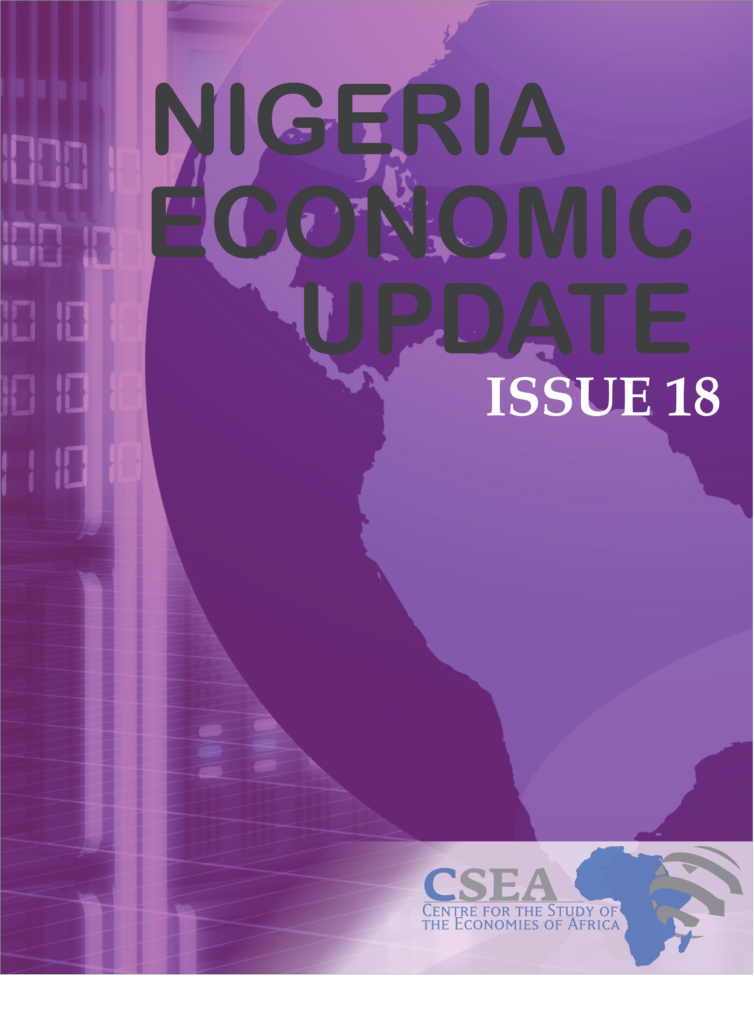According to the World Bank, poverty level in Nigeria increased in 2017 with almost half the Nigerian population living in extreme poverty. As stated in the “Nigeria Biannual Economic Update” report, approximately 49.2 percent of Nigeria’s population live below the PPP $1.90 per capita per day poverty line in 20171 – an uptick of 0.8 percentage points. Particularly important is that despite emergence from recession in 2017, poverty and unemployment levels increased. The World Bank suggests that prospects for poverty reduction have been jeopardized by limited connective infrastructure, and policy makers’ inability to identify interventions best suited for development potentials.
Macroeconomic Report & Economic Updates

May 31, 2018
Nigeria Economic Update (Issue 18)
According to the World Bank, poverty level in Nigeria increased in 2017 with almost half the Nigerian population living in extreme poverty. As stated in the “Nigeria Biannual Economic Update” report, approximately 49.2 percent of Nigeria’s population live below the PPP $1.90 per capita per day poverty line in 20171 – an uptick of 0.8 […]
Read →
Related
Real GDP Growth Rate- Nigeria And Selected African Economies
Real GDP Growth Rate- Nigeria and selected African Economies: While GDP growth in selected African economies have generally declined at different magnitudes with the slump in commodity prices, other e
Nigeria Economic Update (Issue 18)
Inflation
rate continued its upward trajectory in the week under review. Specifically,
the Consumer Price Index (CPI) increased by 1.39 per cent, from 11.38 per cent
in February to 12.77 per cent in March, 20161. Remarkably, this is the
highest rate since July 2012, representing a 4-year high. While both components
of the CPI rose in the period, the food sub-index was largely the main driver
of the increase in the CPI, with a growth rate of 1.39 per cent between
February and March. The persistent scarcity in petroleum products, especially
Premium Motor Spirit (PMS), has increased transportation costs and the price of
food items.
